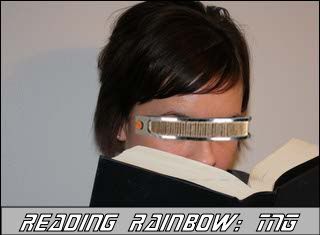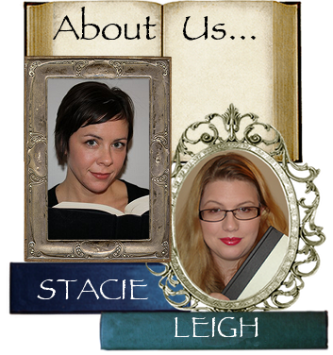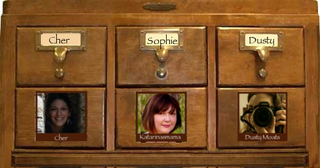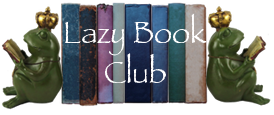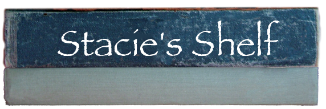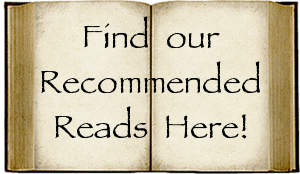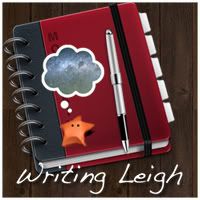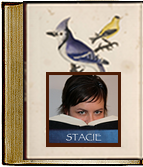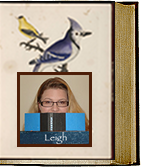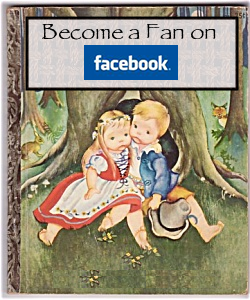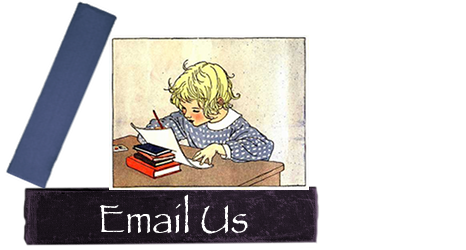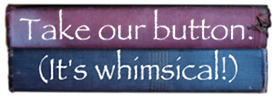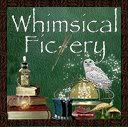
I've noticed a trend* in YA lit of absolutely abysmal parenting. I just finished
Shiver and (trust me, I'm not giving anything away) Grace has scatterbrained, absentee parents. Bella, in Twilight, had parents who acted more like children than she did. So, what is up with the crappy parenting?
*by "trend" I mean "The Two YA Books That I Can Remember Off the Top of My Head." You know. Totally scientific. To get to the bottom of this burning question, I didn't just ask Rain but also my friend
Cheryl, who is also my beta and a fab YA reader extraordinaire.

Oh Meadow, your musings are total porn for a literature geek like me. :)

Which explains why you're here, hanging out with us on this post. *winks*

The trend you've noticed is a common characteristic of YAL. The absentee parent is also often a part of the formula in YA television shows.
Sadly, there
are adolescents in the world who do have the responsibility of parenting their parents (as a former teacher, I could tell you stories that would make your hair curl), but I think this archetype is used less for realism and more as a device to help the Main Character grow.
Other times, the absent parent helps us to suspend our disbelief and drive the plot forward. If Bella had had a parent like you, I'm guessing you wouldn't have let her leave the house in the middle of the night at the end of Twilight, like Charlie had permitted. Since Charlie had been pretty clueless as to what to do with Bella throughout the entire book, it's slightly more plausible to us that he'd let her go. And his action (or lack thereof) moves the plot forward.

Okay, so I guess I can understand WHY it's necessary, in some cases. I suppose a book where a Junior in high school wakes up, has her mom make her Eggos, goes to school, and then comes home and does homework would probably NOT be a bestseller.
It just strikes me that there's not more of a balance in the literature that I've read. Often the absence of a parent seems to become a defining aspect of the teenager. In some cases, like Harry Potter or
Mortal Instruments, that's not only understandable but also vital to the plot. In others, like Twilight, it seems superfluous. Wouldn't it be just as interesting (and maybe even more relate-able) to see the teens dealing with growing up while actually breaking away from a traditional loving family environment? I mean, Bella and Edward could have still fallen in love even if her mom was a teacher who made her sandwiches for school.

Pssst - Meadow, Bella's mom
was a teacher. Okay, so she didn't make sandwiches, but she was a kindergarten teacher.
And, I have to disagree a little about Charlie's role as absentee parent. Charlie might not "hover," and, sure, he went fishing quite a bit. But he also did things like, in Twilight, when he disabled Bella's truck's battery cables and came into her room check on her when she was going to bed extra early on a Saturday night. Things a parent might actually
do. I remember thinking that it was actually refreshing to see a parental figure who
did care, and who
was present. I liked the fact that Edward and Bella had to be a bit careful, when sneaking around Charlie, even if they did have the added benefit of Edward's mind reading to help.

How did I forget that Renee was a kindergarten teacher? I always just think of her as some sort of bumbling hippie-type. I blame her movie characterization for having hairy armpits. *shudders* ANYWAY, while I agree that Charlie wasn't a total failure as a father, I do think that he qualifies as somewhat absentee. Simply put, while he loved and cared for Bella, he wasn't there while she was growing up. So when she moved in with him he was still very hands-off. Why did he let her leave in Twilight? My father would've jumped in his car and chased me down. Just sayin'.

Okay, fine, I'll give you that. My dad would have chased me down too.
And to add another side to this discussion, one thing that causes me much frustration is when young characters actually
do have someone they could turn to in times of need, but they choose not to. It drives me crazy if the storyline is not done well enough to where there is an obvious reason that the teen protagonist is neglecting to tell his/her parent's about some life-threatening.
I felt this way while reading Deadly Little Lies (the second in the
Touch series by Laurie Faria Stolarz). In that book the main character, Camelia, is receiving death threats via phone calls and notes, but does not tell her (very present and concerned, albeit distracted) parents. The premise is that her mom is dealing with personal issues, so Camelia chooses not to add to those with her own. But, seriously? I know I'm not 16 anymore, but even then, I would have told my parents if someone was threatening to kill me.

The book
Speak always comes to mind. Had Melinda had parents she could talk to, or at least parents who recognized that something was seriously wrong with their daughter, her journey through self-discovery would have been completely different. With absentee parents, she had to be her own agent of change. While this is a drastic example (I wouldn't want my daughter to read the book and think that Melinda's way of handling her situation was okay), reading examples where the adolescent MC is the decision maker is empowering to teen readers.
And quite simply, teens enjoy reading about other teens. It's more exciting - and possibly even more realistic to them (especially if they're in that "nobody understands me" phase) - to see teens solving their own problems with little to no help from adults.

*sigh* So what you're saying is that if I want to read about ADULTS making adult decisions I have to *insert collective gasp here* read adult lit? Dammit, that sounds like a lot of work. *wink*

Oh well, if it's ADULT lit you want Meadow... *hands Meadow
Dark Lover, Book 1 of the Black Dagger Brotherhood*

When I said "adult" I didn't mean "porn" Rain!

Yes you did.

You know me so well.
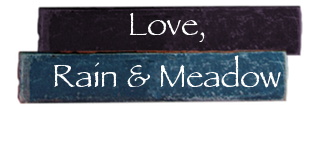
 Is this what happens to you when you piss off the TwiCommunity? Like, is Edward Cullen's head in your bed the equivalent of a horses head?
Is this what happens to you when you piss off the TwiCommunity? Like, is Edward Cullen's head in your bed the equivalent of a horses head? I read Manllow as Manilow, which is scary enough. Unless, of course, you're Spank and have a weird fascination with Barry Manilow.
I read Manllow as Manilow, which is scary enough. Unless, of course, you're Spank and have a weird fascination with Barry Manilow. I'm pretty sure even then it's scary. It sounds like something that sings "Mandy" when you squeeze it.
I'm pretty sure even then it's scary. It sounds like something that sings "Mandy" when you squeeze it. *shudders, and not in a good way* But aside from that, I would shriek if I found this in my bed. This is worse than the Edward silhouette that you can put on your wall. To watch you ALL. THE. TIME.
*shudders, and not in a good way* But aside from that, I would shriek if I found this in my bed. This is worse than the Edward silhouette that you can put on your wall. To watch you ALL. THE. TIME. Honestly, as much as we mock this, the chick who came up with it is genius. I mean, sure we're all "ha ha ha that's so crazy" but you know she's going to make some serious BANK off of it.
Honestly, as much as we mock this, the chick who came up with it is genius. I mean, sure we're all "ha ha ha that's so crazy" but you know she's going to make some serious BANK off of it. Oooh, and then we could buy them for each other for Christmas, since we have a mutual #girlcrush on Victoria. And by Victoria, I mean Rachelle LeFevre. Not The Imposter Currently Playing Victoria. What? That is how I refer to Bryce Dallas Howard. Nothing personal, really.
Oooh, and then we could buy them for each other for Christmas, since we have a mutual #girlcrush on Victoria. And by Victoria, I mean Rachelle LeFevre. Not The Imposter Currently Playing Victoria. What? That is how I refer to Bryce Dallas Howard. Nothing personal, really. Don't worry. They'll be firing her and hiring Shaun White to play Victoria in Breaking Dawn. It could work - he's acrobatic. They'll just have to pay him in Rob's old flannel.
Don't worry. They'll be firing her and hiring Shaun White to play Victoria in Breaking Dawn. It could work - he's acrobatic. They'll just have to pay him in Rob's old flannel. Actually, that's a good idea.
Actually, that's a good idea. *glaring at Rain* You know, you're supposed to love and support me. Not point out to the world that my sleep-deprived mind completely forgot the ending of Eclipse. Besides, this is what happens when you read too much fanfic:
*glaring at Rain* You know, you're supposed to love and support me. Not point out to the world that my sleep-deprived mind completely forgot the ending of Eclipse. Besides, this is what happens when you read too much fanfic:

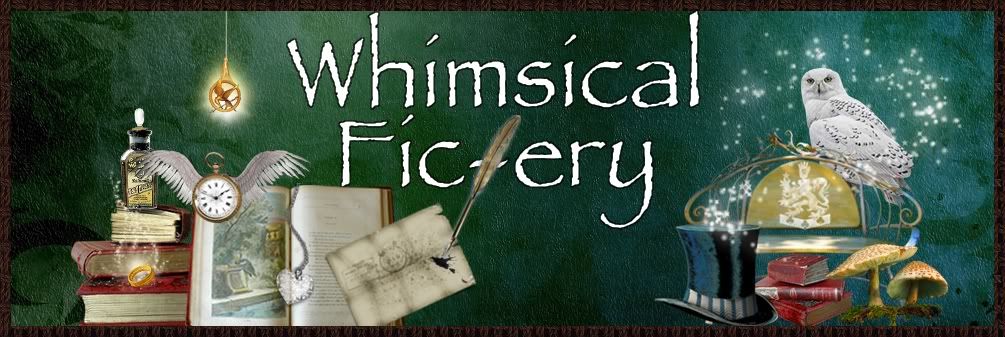

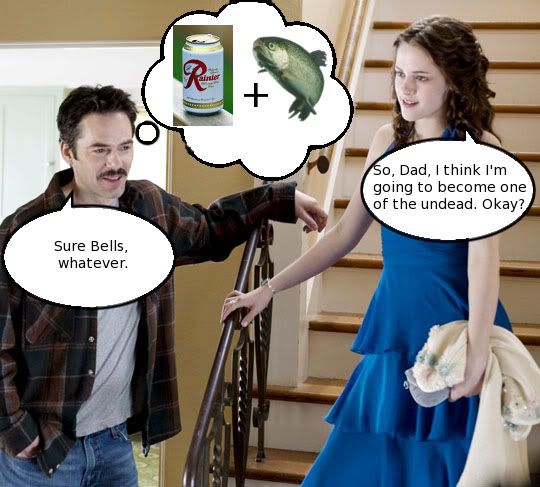
 Oh Meadow, your musings are total porn for a literature geek like me. :)
Oh Meadow, your musings are total porn for a literature geek like me. :)